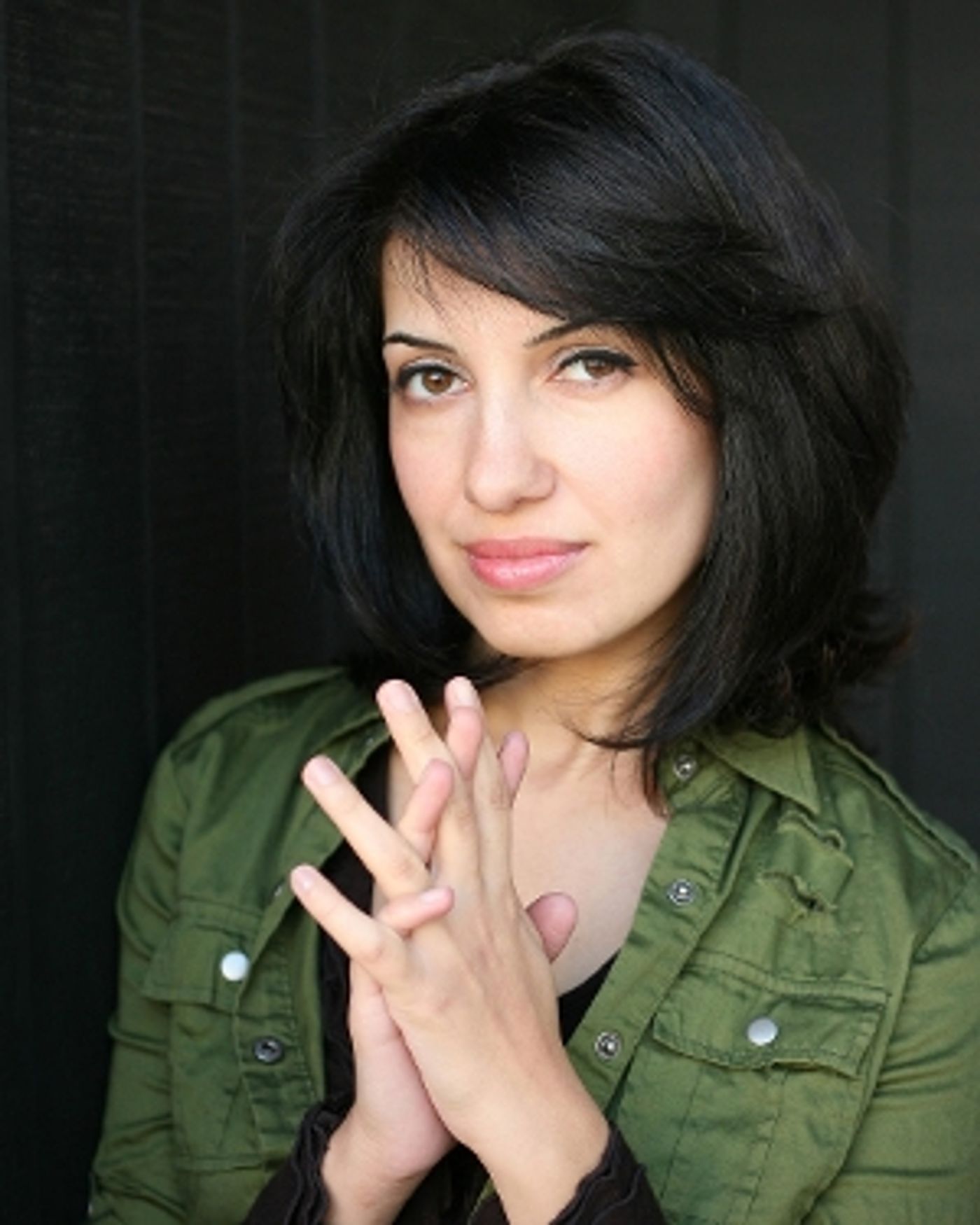Interview: Armina LaManna of WARRIOR QUEEN: ANAHIT THE BRAVE at Imagine Theatre
The artistic director talks about the urgency of theatre for young audiences and its significance for the city of Los Angeles

Rather than paint a mural of multicultural children holding hands around the globe or undertake some other trite pass at celebrating diversity with young people, Imagine Theatre's artistic director, Armina LaManna chooses to prioritize stories from the intricate "cultural fabric of LA", working equitably with local artists to share the narratives through new adaptations fused with music, dance, and puppetry. In 2019, the group premiered a new production of The Tale of Turandot which celebrated LA's rich Chinese culture. Their upcoming Warrior Queen: Anahit the Brave honors the "large Armenian diaspora in Southern California". I chatted with LaManna about her fundamental beliefs about theatre and her desires to infuse Los Angeles' theatre scene with a deeper respect and appreciation for children's theatre.
Back in 2015, LaManna explains, as she joined with others to advocate for actors in LA's "intimate" theatres to be paid a fair wage, she got frustrated. "I kept hearing, 'there's no money, there's no money, there's no money!' and I was very bothered by it." At the same time, she was realizing she wanted to see a flagship children's theatre in LA where her children could grow to be part of a theatre-loving public. "The children's theatres in Europe and the Soviet Union (where LaManna grew up) are a part of childhood. They were a ritual for us." As she fondly reflects on the theatre in which she grew up, she expounds, "I grew up in that lobby, and I want to make a space like that for my own children." In the United States, children's theatre can sometimes be relegated to a secondary art form, as LaManna has noticed, many public grant opportunities do not even qualify theatre for young audiences within the theatrical medium. So she set out to create a sustainable company whose mission is to present plays by Los Angeles artists for children.
"I believe LA theatre must utilize LA artists," she intones, "because we have an incredible pool of erudite storytellers whose work should be prioritized on our stages. I'm happy to be in a position to do that. LA writers know LA people. They live here and they know how their communities live and breathe." LaManna cites the 24th Street Theatre as an organization that she feels wholly embraces its community. She continues, "I am envious of the outreach work they do and hope to emulate it someday!" She explains how children benefit when they are able to see art generated by people from within their own communities.
She says, "I think of (theatre for young audiences) as an emergency. We have to ask ourselves, 'which kids need the most help right now?'." She reasons, "poorer families, immigrant families, and children of color," all deserve to see themselves and their communities represented on stage. As an Armenian person herself, she is excited to present the engrossing tale of Anahit, which she first encountered when she was introducing her own children to Armenian fairytales. The story centers the struggles of a peasant rug weaver named Anahit and boasts a five foot tall golden cobra puppet with glowing green eyes. "Armenian children," she surmises, "see Armenians in movies as gang members, but never see themselves as the heroes and rarely get to see themselves on stage." Hopefully Anahit is able to combat some of this lackluster representation, as LaManna has found the need to add more school matinee performances thanks to an overwhelming interest from local school groups.
"I always try to jar audiences," she adds after a thoughtful pause. "As a storyteller, I am in a position of power. Storytellers are some of the most powerful people on the planet because we can change peoples' opinions. We can inspire a child to seek out something they have not sought out before."
Considering her lofty goals for Imagine Theatre, audiences are certainly in for a treat with Warrior Queen: Anahit the Brave.

Videos

